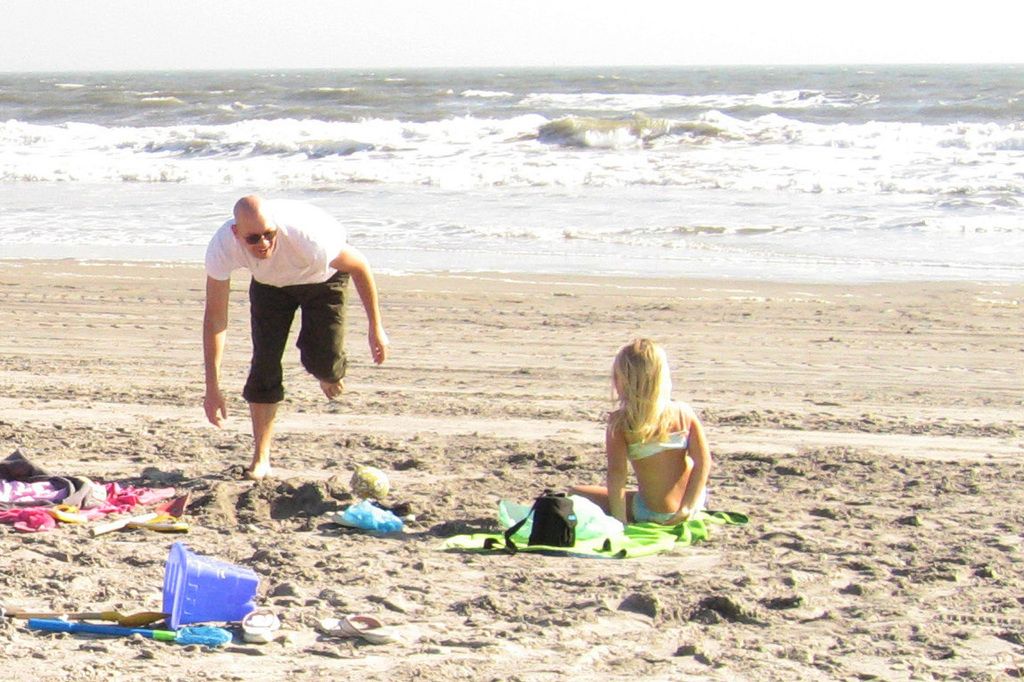Russia's President, Putin, Allegedly Mocks U.S. President Trump's Peace Initiatives During Fatal Ukraine Attacks, as Asserted by Polish Officials
Rambunctious Rhetoric Over Russia-Ukraine Conflict
Poland's Foreign Minister Radosław Sikorski has spared no words in his criticism of Russian President Vladimir Putin, accusing him of mocking U.S. President Donald Trump's overtures for a ceasefire after a recent escalation of missile strikes on Ukraine. Sikorski's comments were made during a European Union foreign ministers' meeting in Luxembourg, as tensions between the two nations escalate.
"I sincerely hope that President Trump and the U.S. administration see that the leader of Russia is mocking their goodwill, and I hope the right decisions are made," Sikorski stated, referring to the deadly attacks on Ukrainian cities Kryvyi Rih and Sumy.
Bombs Away: The Devastating Impact on Ukraine
Sikorski's allegations come in the wake of a series of devastating missile attacks in Ukraine. On April 4, Kryvyi Rih suffered a strike involving cluster warheads, claiming 19 lives, among them nine innocent children. Just days ago, on April 13, Sumy was hit by a double ballistic missile attack, leaving at least 34 dead and 119 injured. These attacks occurred despite Ukraine's agreement to a U.S.-proposed ceasefire over a month ago, an agreement which Russia refused to honor, citing unresolved issues.
Sikorski described the attacks as a callous response to peace efforts led by the U.S. "Ukraine unconditionally agreed to a ceasefire over a month ago. The horrifying attacks on Kryvyi Rih and Sumy are Russia's response in kind," he stated.
Trump's Ceasefire Push
President Trump has made the resolution of the conflict between Russia and Ukraine a central pillar of his foreign policy. In March, his team managed to negotiate a fragile 30-day ceasefire to reduce hostilities. However, Russia rejected the agreement, demanding that foreign military support to Ukraine be halted-a condition that Kyiv deemed unacceptable.
Trump denounced the Sumy attack as "horrific" but refrained from directly criticizing Putin. Instead, the president hinted that the strike might have been a mistake, though he provided no further details. With mounting pressure on his administration to take stronger action against Moscow, some argue that Trump's diplomatic overtures have only emboldened Russian aggression.
The World's Reaction and Calls for Action
Sikorski's comments have sparked renewed calls within the EU for tougher sanctions on Russia. "Putin is making a fool of Trump," said an EU diplomat on Monday, voicing discontent over Russia's flagrant disregard for international peace efforts. Security analysts also warn that Trump may need to adopt a firmer stance against Russia if diplomatic measures continue to falter.
Michael Clarke, a defense analyst, went so far as to suggest that Trump's pursuit of a peace deal may now be unattainable. "There was a feeling that Easter would be the time when [Trump] wanted some sort of deal, that he wanted to be a peacemaker. That's obviously not going to happen now," Clarke concluded.
A History of Complicated Relations
Trump's relationship with Putin has long been the subject of intense scrutiny due to its complex nature. During his early presidency, Trump frequently praised Putin's leadership while pursuing diplomatic engagement with Moscow. Critics argue this approach has undermined efforts to hold Russia accountable for its actions in Ukraine and elsewhere.
Despite these challenges, Trump has remained hopeful about his ability to broker peace in the region. He has repeatedly claimed he could end the war swiftly but has yet to offer details on his strategy. In the meantime, Ukrainian officials have expressed doubt about Trump's understanding of the conflict and his willingness to confront Russian aggression head-on.
The Road Ahead
As civilian casualties mount in Ukraine, international pressure is growing for decisive action against Russia. Sikorski pleaded for Trump and his administration to recognize Putin's provocation and respond accordingly. "I hope the right decisions are made," he emphasized on Monday.
With diplomacy faltering and violence escalating, the question remains whether Trump will adjust his approach or continue pursuing negotiations with Moscow—an approach some liken to striking a deal with the devil. For now, Ukraine continues to shoulder the brunt of Russia's aggression while world leaders grapple with finding the best course of action to intervene.
Sign up to stay informed about the latest news from Poland!
Every Saturday, we'll send you a recap of the week's news from Poland. It's quick and easy! Just enter your email below to get started.
We respect your privacy and promise not to spam you!
Check your inbox or spam folder to confirm your subscription.
- Sikorski, referencing the missile attacks on Kryvyi Rih and Sumy, stated that Ukraine agreed to a ceasefire over a month ago and the attacks were Russia's response in kind, showcasing the complexities of Ukraine-Russia diplomacy.
- Trump's pursuit of a peace deal with Russia in the war-and-conflicts zone has been criticized by some, who argue that his diplomatic overtures have emboldened Russian aggression, causing a re-evaluation of current policies.
- In response to the devastating missile attacks in Ukraine, there are renewed calls within the EU for tougher sanctions on Russia, reflecting a growing frustration with Russia's disregard for international peace efforts and General News.
- The recent attacks in Ukraine, as well as the ongoing conflict, have highlighted the complicated relationship between Trump and Putin, with critics arguing that Trump's early diplomatic engagement with Moscow has undermined efforts to hold Russia accountable for its actions.
- As the Ukraine conflict continues with mounting civilian casualties, the focus is shifting towards finding more effective policy solutions, including a possible change in Trump's approach towards diplomacy with Russia, raising questions about the future course of actions in war-and-conflicts zones.








